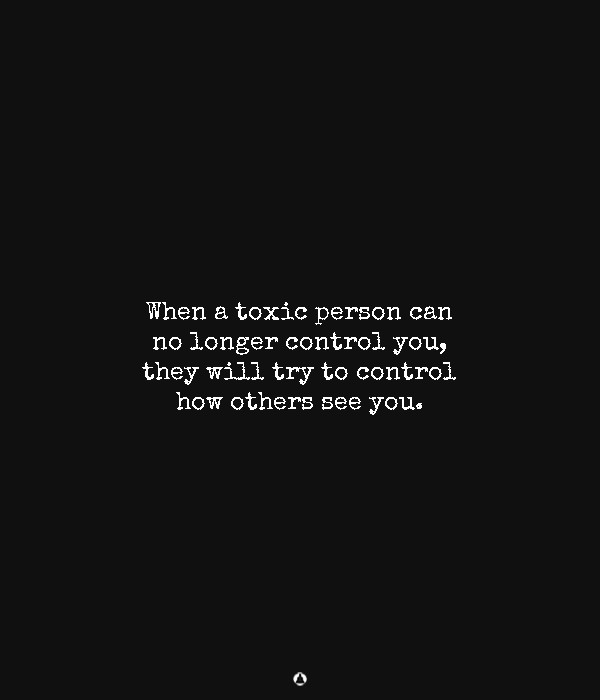Researchers from Ohio believe they found the perfect way to determine whether someone is a narcissist. And their tool for finding out is the answer to one question.
First, they did a research on more than 2,200 participants divided into a series of 11 experiments. They discovered that it is possible to identify the narcissists by asking them this question:
To what extent do you agree with this statement: “I am a narcissist.” (Provided that the word narcissist means a vain, egotistical, and self-focused person).
Then participants rated themselves on a scale of 1-7; one being “entirely not true of me,” and seven being “very true of me.” (You can find the test here. )
“People who are willing to admit they are more narcissistic than others probably actually are more narcissistic,” said Brad Bushman, co-author of the study and a professor of psychology and communication at Ohio State University.
“People who are narcissists are almost proud of the fact. You can ask them directly because they don’t see narcissism as a negative quality — they believe they are superior to other people and are fine with saying that publicly.”
Bushman has also explained that this one question test works wonders because participants are not getting tired or distracted as they would if they were to answer a 40-question NPI survey.
However, it should be noted that this test shouldn’t be used as a replacement for getting to the core of the disease and the validity of answering longer narcissism test and questionnaires because they would give more information on the type of narcissism the person has.
Bushman says that those who scored higher on the narcissism test had both negative and positive outcomes. On the negative side, they showed to be less agreeable and presented feelings of fear, guilt, shame, and anger. Also, they had very poor relationships with others and behaved antisocial when their ego was threatened. On the positive note, they were more extraverted and has lower levels of depression.
“The advantage of SINS compared to other measures,” Bushman said, “is that it allows researchers to identify narcissists very easily. We don’t think SINS is a replacement for other narcissism inventories in all situations, but it has a time and place,” he said.






